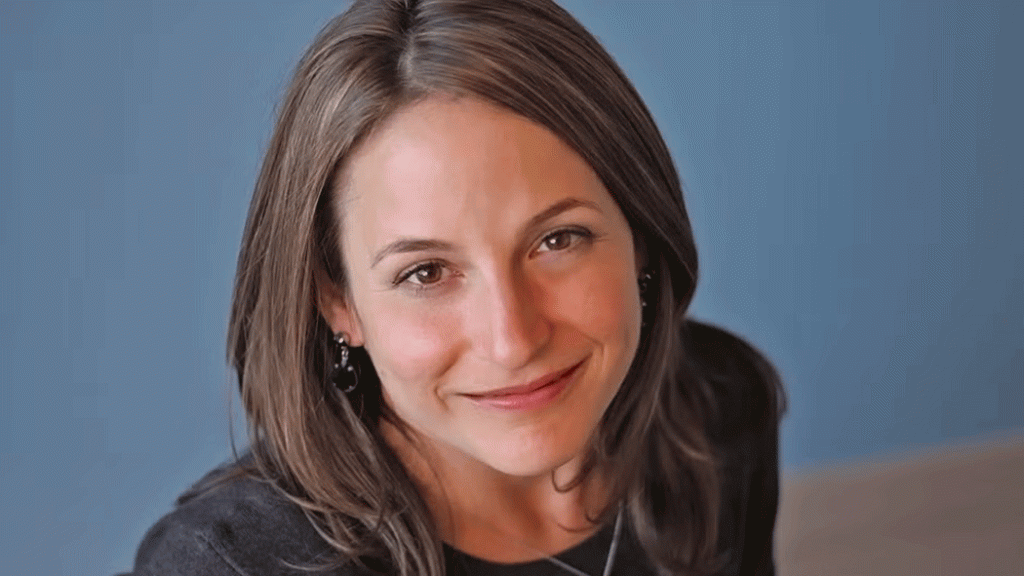
“So, a lot of this book, you know, is engaging with some of the racist, dehumanizing attitudes that in my mind have a role to play in the environmental disaster we call the Dust Bowl,” said Karen Russell, who is passionate about the themes of her new novel, The Antidote. I talked with her via Zoom from her home in Portland, Oregon, a week after she appeared at Prairie Lights in Iowa City.
“We don’t often think of these things. I didn’t grow up connecting American settler colonialism with the Dust Bowl. I didn’t connect the forcible removal and the dispossession of Native nations and their citizens with the Joads. I didn’t see one as causal of the other. I didn’t think of one as a driver of the economic ecological disaster we now call the Dust Bowl.
“But during my research,” she continued, “that started to feel like the great open secret of the West, right? In this novel, I’m interested in the kind of omissions and erasures and distortions in the stories we tell about our own lives and the stories we pass down to our children, but also in these national myths that can really cover over the blood-red costs to real people and to these ecosystems that give us everything.”
Now, maybe you read those words and jumped to the conclusion that The Antidote is a polemic, more argument than novel. Nothing could be further from the truth.
Instead, The Antidote is a deeply human story—with a hearty and skillfully executed dose of magical realism—told from multiple points of view as the people of the fictional community of Uz, Nebraska, contend with two real-life natural disasters that upend their individual and communal lives in profound and mysterious ways.
The novel draws from three main sources: One, the Book of Job: “[The characters in The Antidote] start to have sort of a collective understanding of the ways that they might be united in the same mystery, in something much larger, really than any individual storyline.” Two, Toni Morrison’s 1998 collective-consciousness novel Paradise: “I felt a connection to that book because it shows scapegoating mechanics, and I think we’re seeing that everywhere today.” And three, maybe subconsciously, from The Wizard of Oz: “I feel ambivalent at best and sort of alarmed that that’s the lens that people bring.”
The book’s titular character (yes, The Antidote is also a name) serves as a vault for people’s memories. She slips into a trance as individuals share a memory—good or bad—that they want to forget, at least for the time being. If you bring back your receipt, she’ll slip into another trance and recite your memory back to you. At least, that’s her procedure before the Black Sunday dust storm of 1935, which leaves her devoid of everyone’s memories.
Of the character named The Antidote, Russell said, “She’s not the protagonist, but she’s that idea of a vault of memory, a kind of library, an archive, like an aquifer. All of that felt important to me, because one of the things the book led me to see or think about was how these private omissions that feel absolutely individual can aggregate into something like a mass forgetting or a mass denial.”
Dell, a young woman determined to apprentice herself to The Antidote and to win a basketball championship no matter what obstacles stand in her way, is also a vivid character whose quest for hoops glory is suggestive of the human tendency to pursue something of lesser importance while turning away from something of great importance. “There’s a kind of Pyrrhic victory for this team in the book,” Russell said. “It’s happening across these characters, these life stories. When does optimism tilt into delusion? . . . There’s something beautiful about the found family of a team and becoming like one organism. . . . But I was also thinking about how these same qualities in other contexts become fuel for so much destruction.”
The Antidote may be set in 1930s, but it resonates deeply with challenges we face collectively today. “There are a lot of overlapping crises right now,” Russell said, “and there is no single antidote, right?”
Maybe not, but The Antidote is a singular accomplishment, and I cannot recommend it highly enough.
